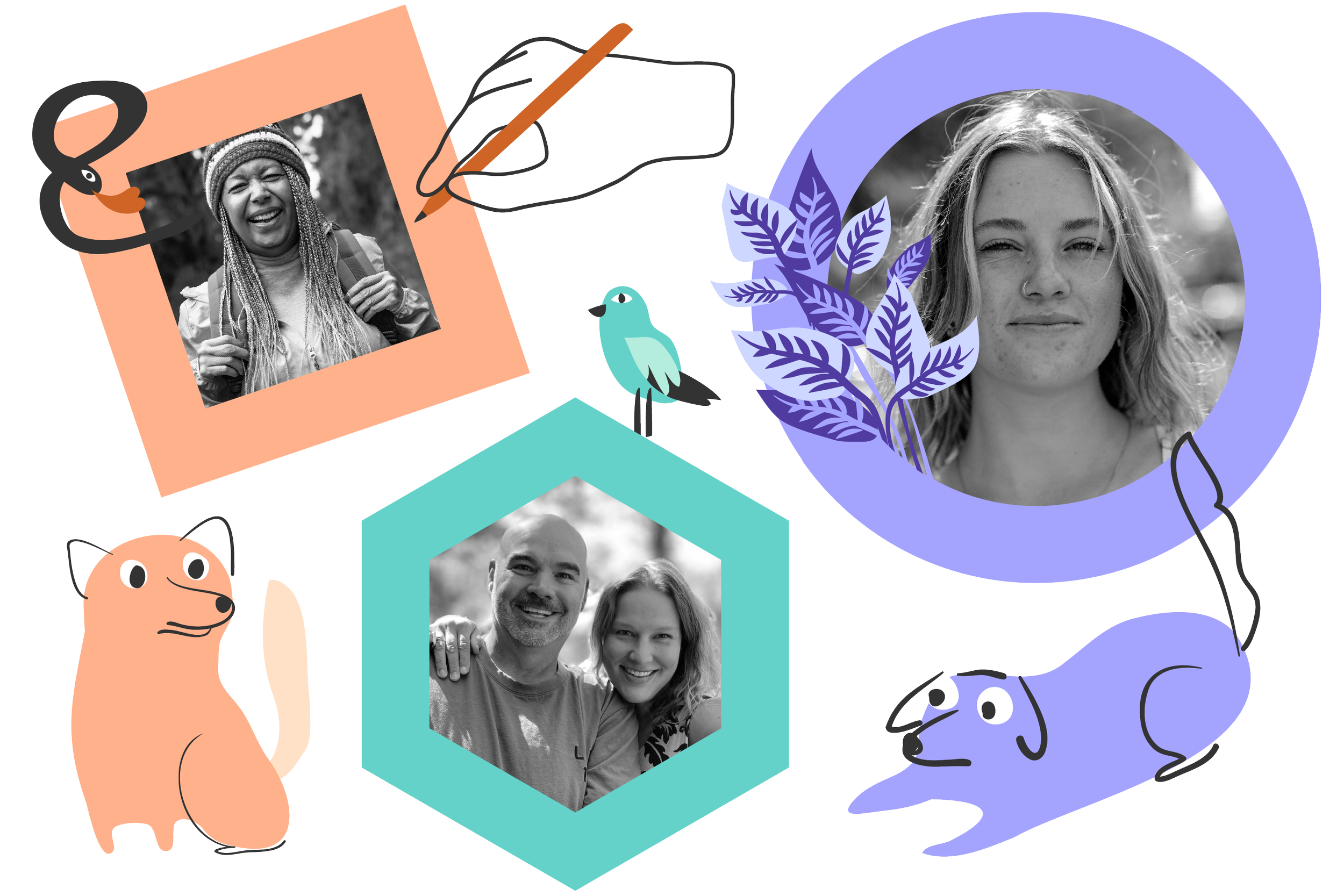
OUR MISSION
We elevate the voices of Neurodivergent people to help them flourish and thrive
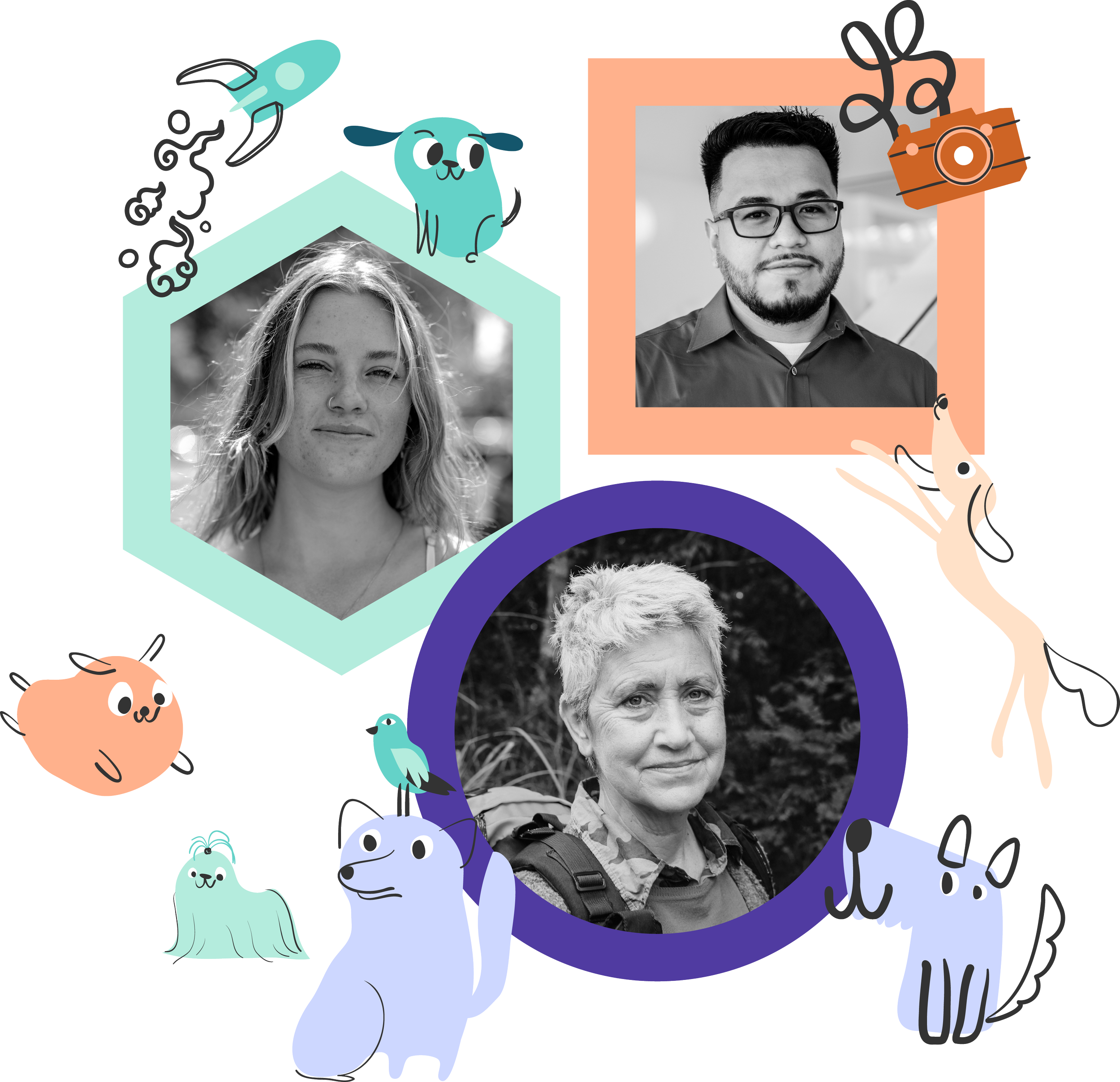
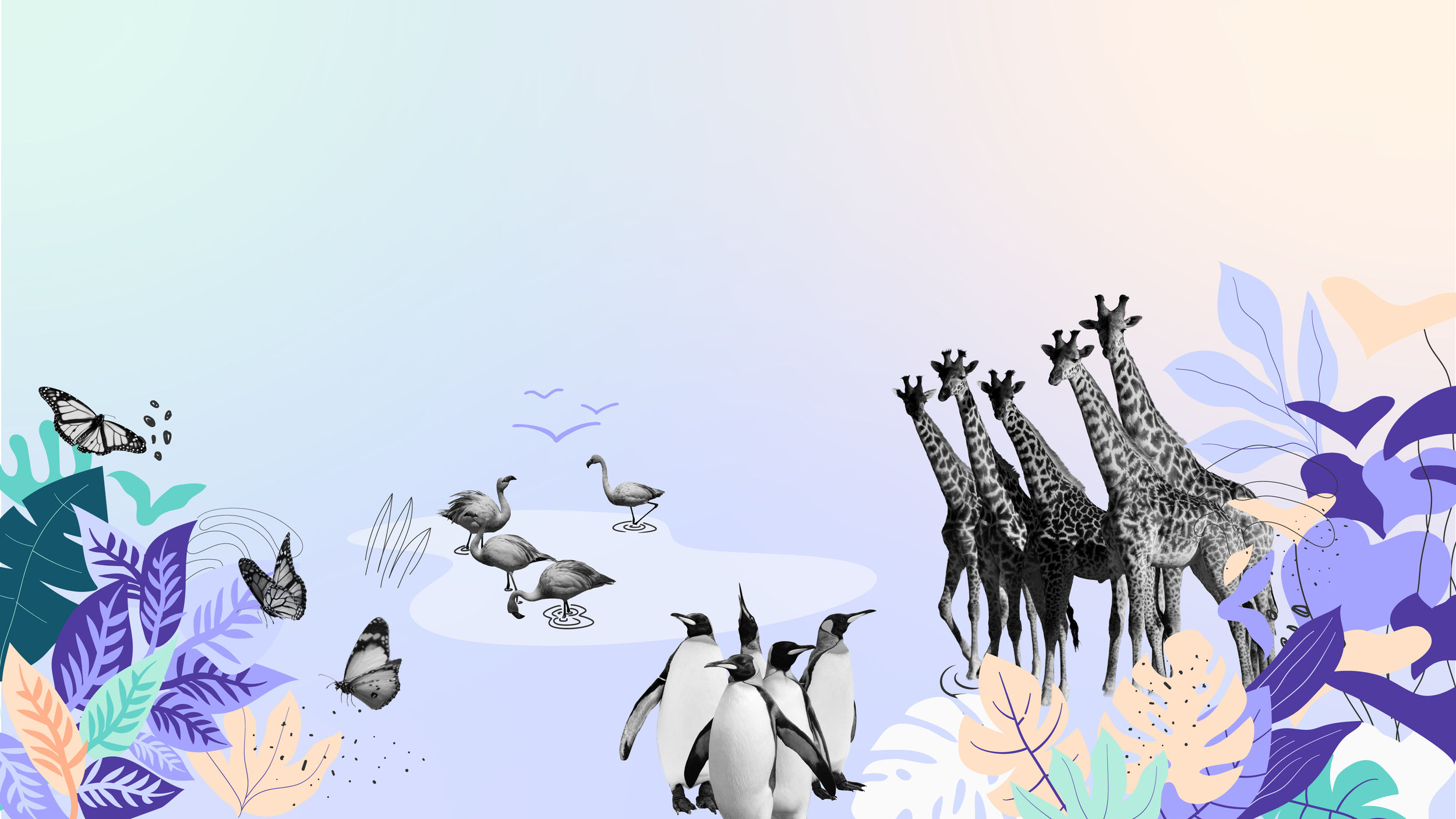
MEETUP GROUPS
Find your community
Explore our monthly online meet-up groups—spaces for Neurodivergent folk to connect and share experiences.

JOIN our campaign
We are against the use of Positive Behaviour Support and Applied Behaviour Analysis for Neurodivergent people and people with a learning disability. We believe better, more compassionate approaches exist.

-
Jill is one of those rare people who manages to combine wisdom, compassion and experience. She has a knack for speaking truth whilst sharing ideas and solutions at the same time. Put simply, Jill makes things better. If you ever get the chance to work with Jill, take it!
— Kate Mercer, Black Belt Advocacy
-
Working with this team has transformed how we think about sensory needs. Hearing about sensory and communication needs directly from people who experience and understand it has altered how we work with the young people in our service.
— CAMHS Inpatient Mental Health Team
-
One of the best training sessions I’ve attended. Thank you so much.
— Attendee of “Introduction to Autism” Online Training
-
The resources created by this team are brilliant. They’re really useful and should be applied in schools as well as hospitals.
— Children’s Occupational Therapist
-
Jill stands out for her methodical approach, as well as for her passion and depth of knowledge around things that impact the lives of neurodivergent people. She is dedicated to ensuring that those with lived experience are valued experts. This is at the centre of the work she undertakes.
— Nikki Henderson, Senior Adviser Building the Right Support, LGA
-
Jill ensures that true co-production is at the heart of all projects and brings a unique energy to everything she does. Jill is innovative and never dogmatic, turns ‘problems’ into opportunities, and you can trust that what is agreed will be delivered.
— Tom McGhie, Care and Treatment Review Programme Manager
NHS England -
I just wanted to let you know how impactful your report and your words in today’s meeting were. The work you are doing is giving a voice to autistic people who aren’t able to articulate their needs and it’s brilliant to see. I hope our paths cross again!
—Josie Saville, Co-CEO, Lets for Life
-
![]()
Individual support
-
![]()
Housing and Homes
-
![]()
Sensory environment
-
![]()
Public speaking
-
![]()
Bespoke consultation
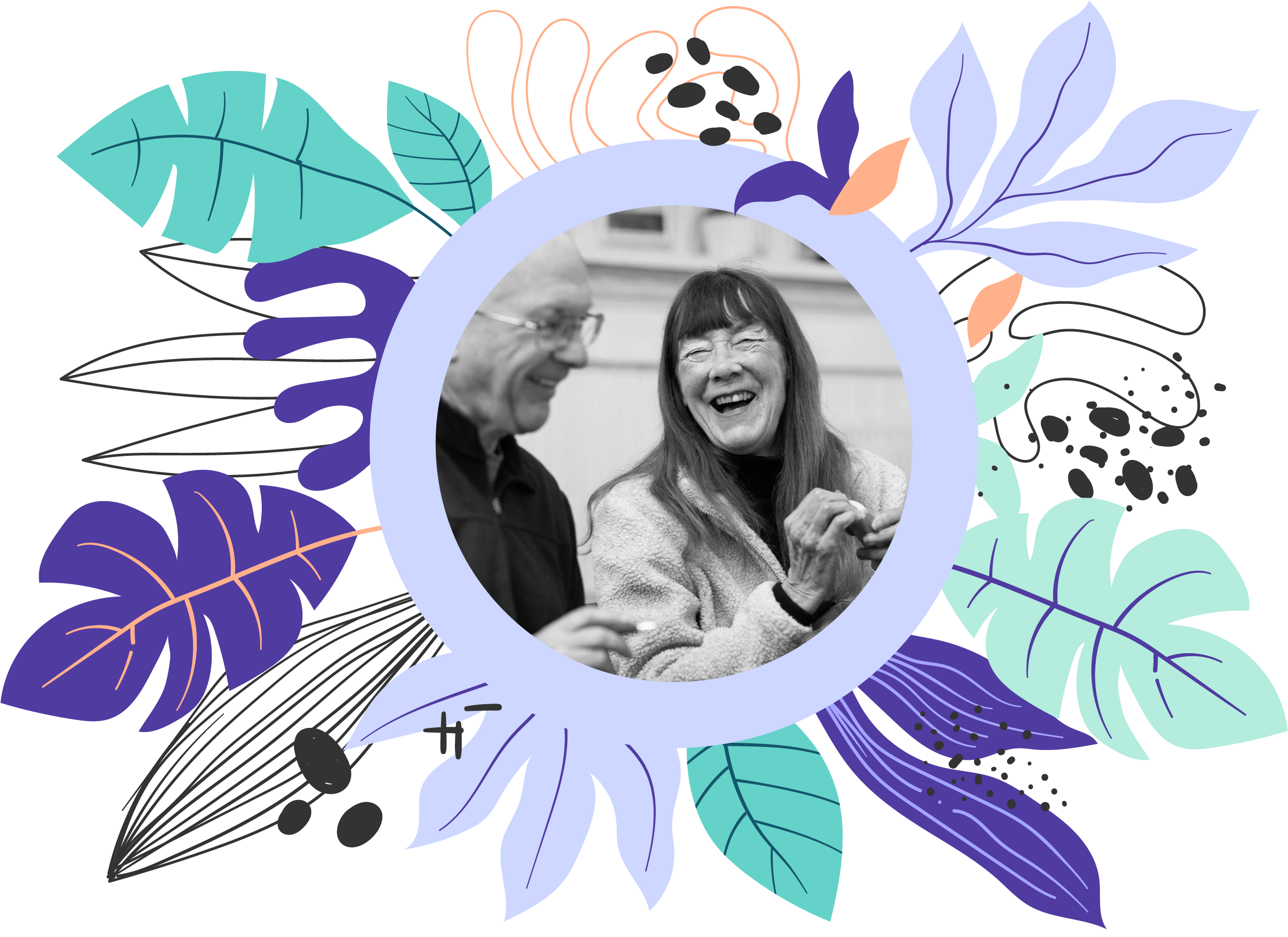
OUR MISSION
We are here to support change that enables Autistic people to flourish.
We are here to elevate Autistic and other Neurodivergent voices. Our work is focused on sharing solutions, helping others understand, and promoting different ways of working.
-
![]()
Training Curriculum
-
![]()
Neurodivergent Wellbeing Approach
-
![]()
Development Support
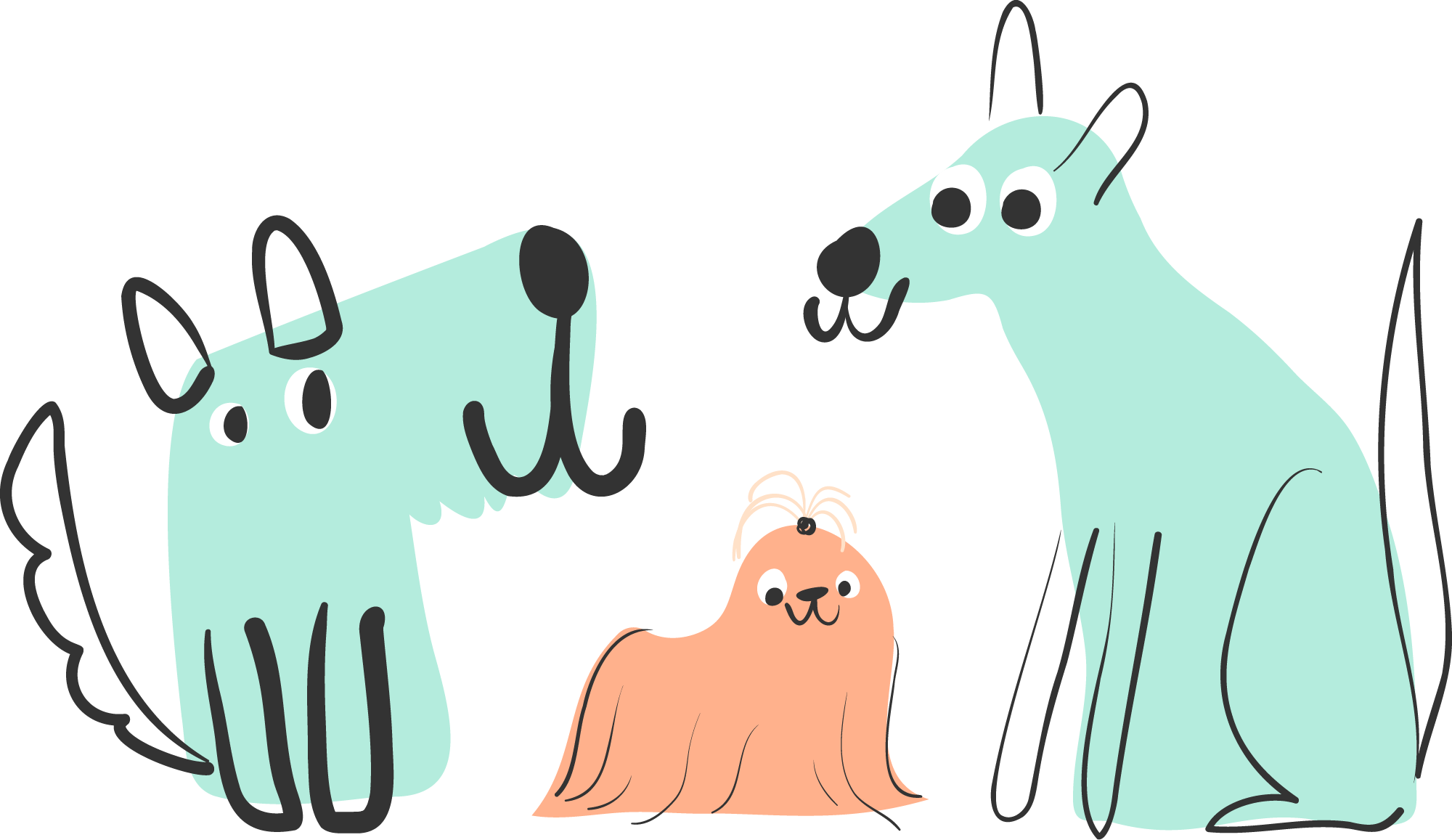
OUR WORK
We believe that Autism is a difference, not a disorder.
There’s a lack of understanding about the challenges that Autistic people face, and what needs to be done differently to ensure they can thrive. Our work aims to change that.
NdC Journal
In this month’s research roundup, Ann Memmott explores new studies on Autism, ADHD, neurodiversity language and accessibility. Highlights include adolescent emotion regulation, terminologies, educational and healthcare support and ethical debate in Neurodivergent lives.
Kay Louise Aldred, Development Lead at NdC, shares an insight into recent work undertaken by colleagues across our organisation, to update and define our organisational purpose, vision, mission and values.
A Guest Contributor shares a poignant reflection on their sibling relationship, as a late-diagnosed Autistic person, and explores how patience, love and a shared history combine to support their commitment to understanding each other.
Viral posts might be entertaining, but they’re not always accurate, explains Guest Contributor, Chloe Webster-Harris in today’s blog. Chloe joins us to explore why evidence-based information matters and how to spot red flags online.
In this blog, we hear from Andreia Costa, a past attendee of our Neurodivergent Wellbeing Approach training course. Andreia shares a heartfelt insight into how the course supported her to honour and embrace her own Neurodivergent identity and needs, as well as those of her Neurodivergent daughter.
In this blog, Kay Louise Aldred, is calling for Neurodivergent adults to take part in a unique, paid research opportunity that values your lived experience and creative passions.
Guest contributor, Remie Colledge, shares a beautiful insight into her lived experience of embracing and expressing her authentic Neurodivergent self.
In this blog, Kay Louise Aldred, explores our Neurodivergent Wellbeing Approach course, and how it offers professionals, carers, educators and Neurodivergent individuals the opportunity to move beyond surface-level strategies and toward something more authentic and sustaining.
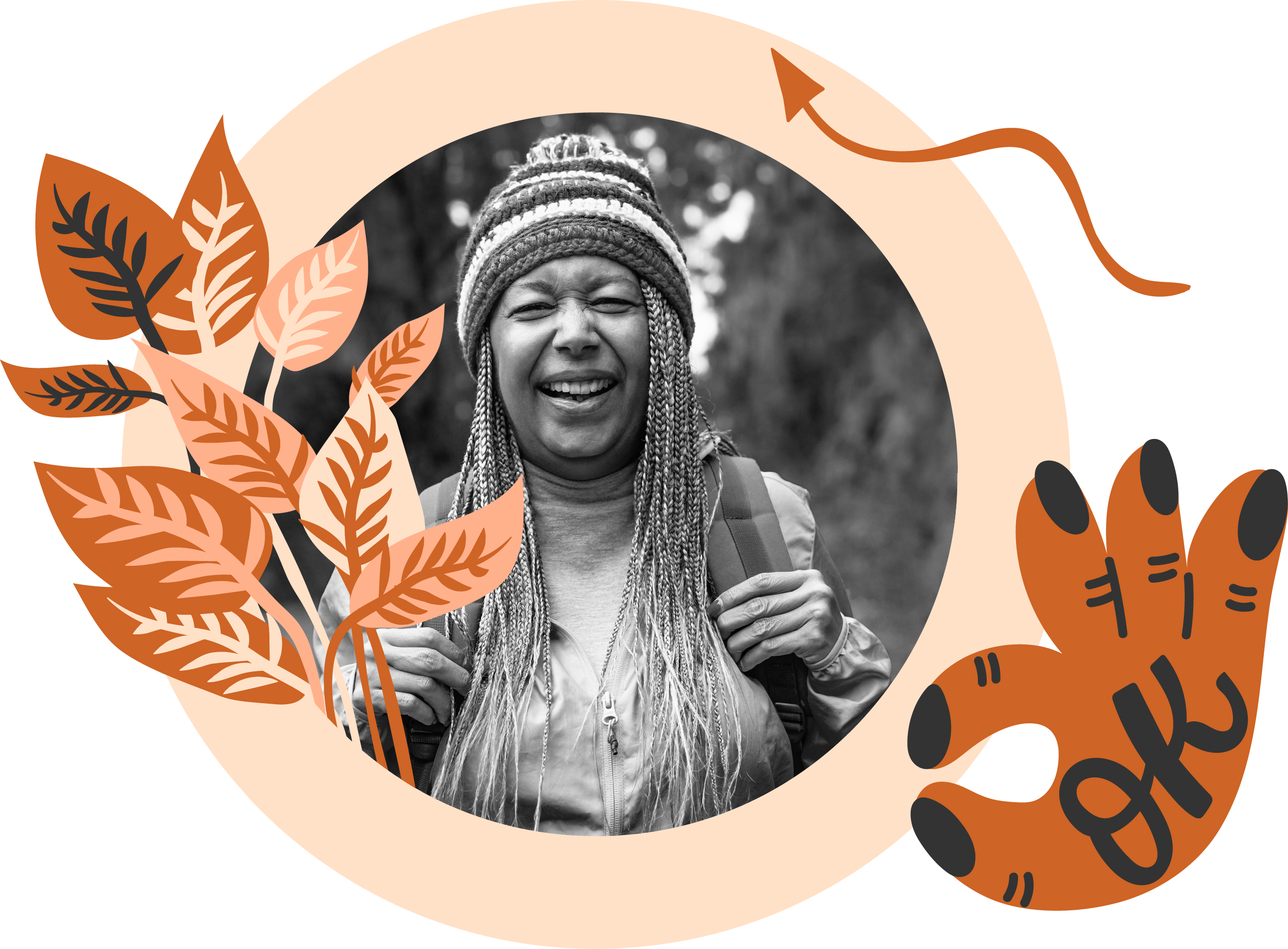
OUR VISION
We want to create positive change in society, not just in hospitals.
We recognise that opportunities for creation, connection, fulfilment and purpose help Neurodivergent people live happy, healthy and meaningful lives in the wider community.
Resource library
Asselt et al., 2025
Autistic adults often experience heightened sensitivity to social rejection, leading to overwhelming emotional and physical reactions that are frequently invalidated. This qualitative study revealed that these intense feelings are linked to inherent Autistic traits and lifelong experiences of rejection, with individuals using various coping strategies, including therapy, with mixed success. The findings highlight rejection sensitivity as a significant but under-recognised challenge in Autistic adults, calling for further research on its prevalence and interventions.
NHS England,. 2025
This resource has been developed to raise awareness among staff of the range of restrictive practices that are used within mental health inpatient services and their impact on patients.
Hamilton, L., Williams, J., Neilson, D., & Petty, S. 2025
This participatory action research explored what belonging means for Neurodivergent students and staff at a UK university, revealing that traditional, socially focused definitions often exclude Neurodivergent experiences. The study identified key factors for fostering belonging: inclusive practices, shared responsibility for representation, and supportive navigation of space and transitions. It concludes that true belonging for Neurodivergent people requires authentic acceptance ”not assimilation” with small systemic changes leading to meaningful improvements in wellbeing and success.
Ox.ac.uk, 2024
The Centre for Teaching and Learning's Student Experience Internship Scheme enables Oxford students to work in partnership with University staff to co-design and carry out a defined 10-week project each summer to explore students' learning experiences at the University. An investigative project in summer 2024 saw six student interns work on understanding disabled students' learning experiences at Oxford.
Cobbaert, L., Camin, M., Schweizer, K., Kapp, S., Gorrie, L., Maloney, E., � Pavlopoulou, G. (2025)
This lived experience-led critique of Wade and Waller�s (2025) proposed CBT competences highlights significant concerns around iatrogenic harm and epistemic injustice due to a neuronormative, clinician-centric approach. The authors advocate for neurodiversity-affirming, identity-and trauma-informed adaptations that prioritise safety, consent, and co-produced, flexible care. Integrating these principles into CBT frameworks can foster more ethical, inclusive, and effective therapeutic practice for Neurodivergent individuals.
Thriving Autistic, 2021
Exploring Autistic Experiences Through Animation. Thriving Autistic presents two new neuro-affirming educational animation videos that celebrate Autistic perspectives. Created by a neurodiverse international team - with all writing by Autistic contributors, these animations explore identity, understanding, and shared experiences. Discovering You’re Autistic highlights the strengths and self-discovery that come with recognising your identity, while Lightbulb Moments: Being Autistic showcases the unique and valuable ways Autistic people experience the world. Each video is supported by two companion blogs — one for the Autistic community and one for professionals — designed to deepen understanding and provide support.
NCCPE, 2025
To help navigate partnerships, the NCCPE have developed the partnership cycle. It contains 10 steps to effective partnerships, which help you consider the various aspects of what makes partnerships thrive. Based on experience of partnerships with museums, communities, schools and others, the partnership cycle captures the key facets that make a difference to high-quality collaboration on engagement work.
Sabo et al., 2025
Research shows that Autistic people, both children and adults, face significantly higher rates of suicidal thoughts and attempts compared to non-Autistic individuals. For example, Autistic adults are up to 25 times more likely to attempt suicide than non-Autistic adults, and similar disparities are seen in younger age groups. Although most research on this topic is recent and often based on online samples, the consistently high rates highlight an urgent need for focused suicide prevention efforts within the Autistic community.
Disclaimer: discusses suicide.
Hartman and Hartman, 2024
This study explores whether differences between Autistic and non-Autistic employees, often framed as deficits, may actually be strengths - particularly in ethical decision-making and workplace interventions. Autistic participants were found to have lower levels of moral disengagement and were more likely to speak up about organisational problems, showing reduced susceptibility to social influence and the bystander effect. These findings suggest that Autistic employees may contribute positively to organisational integrity and performance through their increased ethical awareness and independent thinking.
Cooke et al., 2025
This review and meta-analysis found that interpersonal violence is strongly associated with worsened mental health, including internalising symptoms and suicidal thoughts, among Autistic individuals. The negative impacts begin in childhood and persist into adulthood, with females and gender minorities experiencing greater health and developmental challenges. These findings highlight the relevance of intersectionality and minority stress theories in understanding the heightened vulnerability of Autistic people, especially those with multiple marginalised identities, including other Neurodivergent traits.
Disclaimer: discusses suicide., violence and harm.
The Trauma Geek. (2024)
Trauma Geek's article on The PDA Neurotype vs Demand Avoidance [+ infographic].
Hamilton, Lorna G. et al, 2024
Outline of the findings of the York St John University Inclusive Neurodiverse Campuses project.



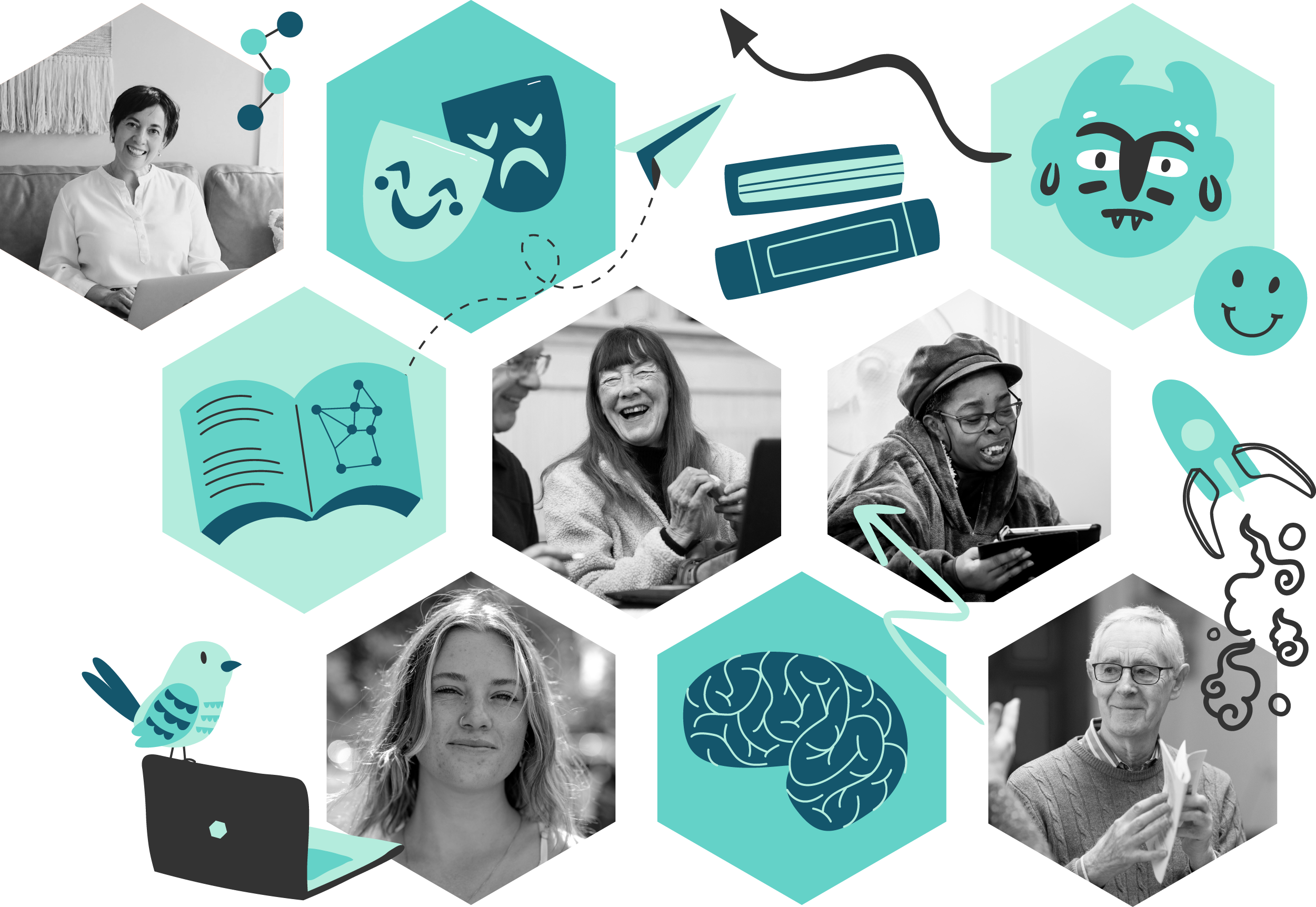

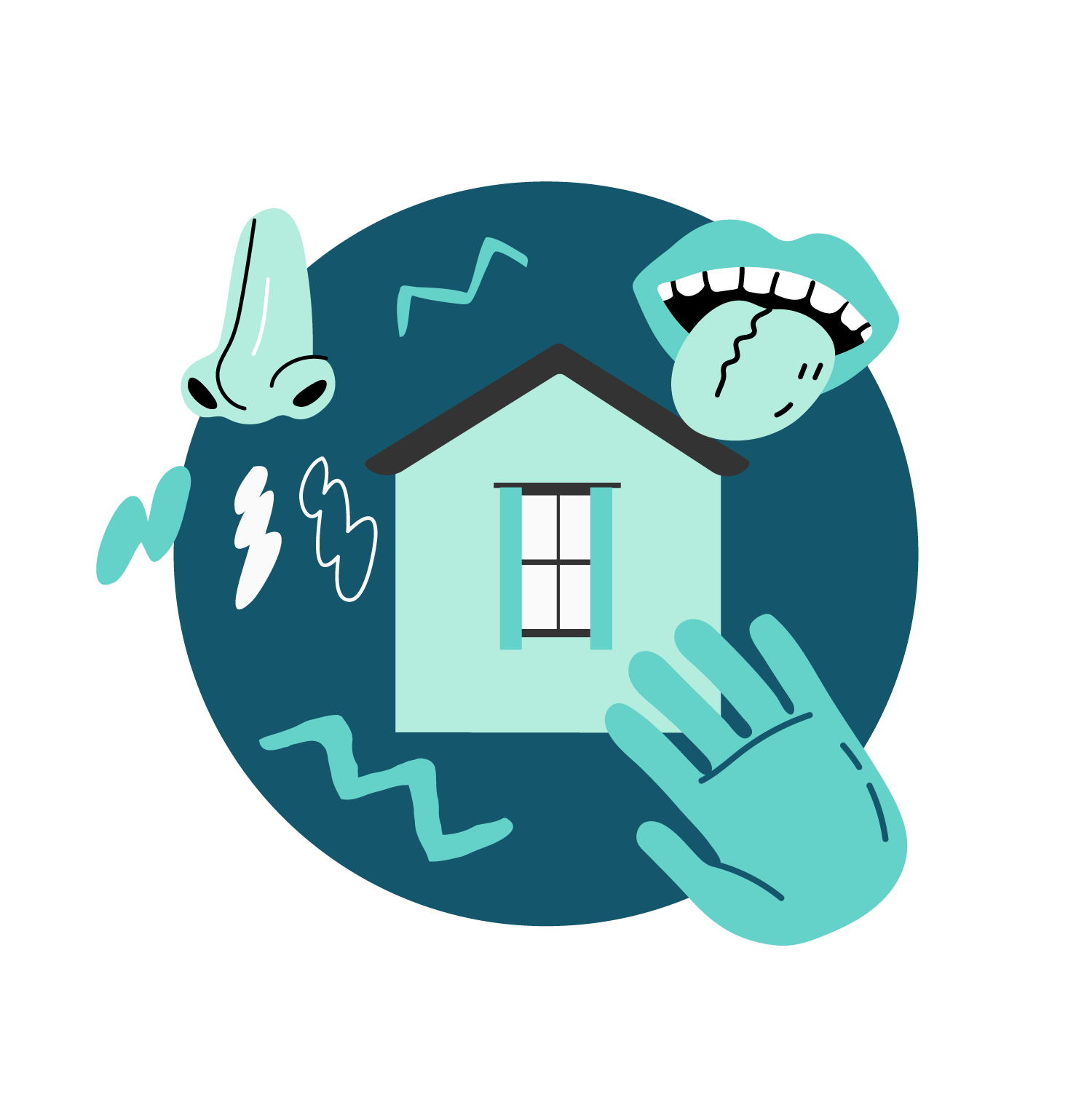
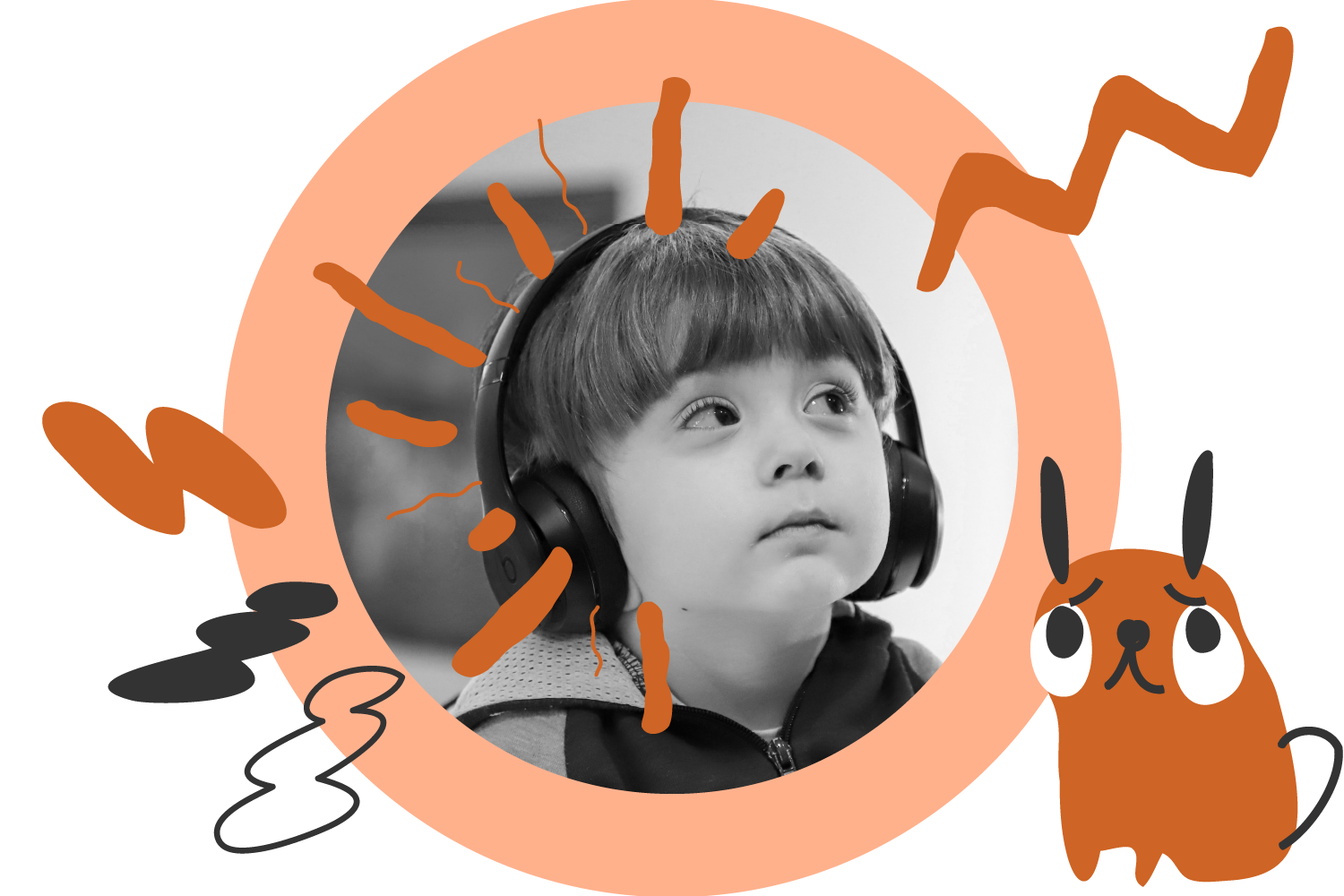





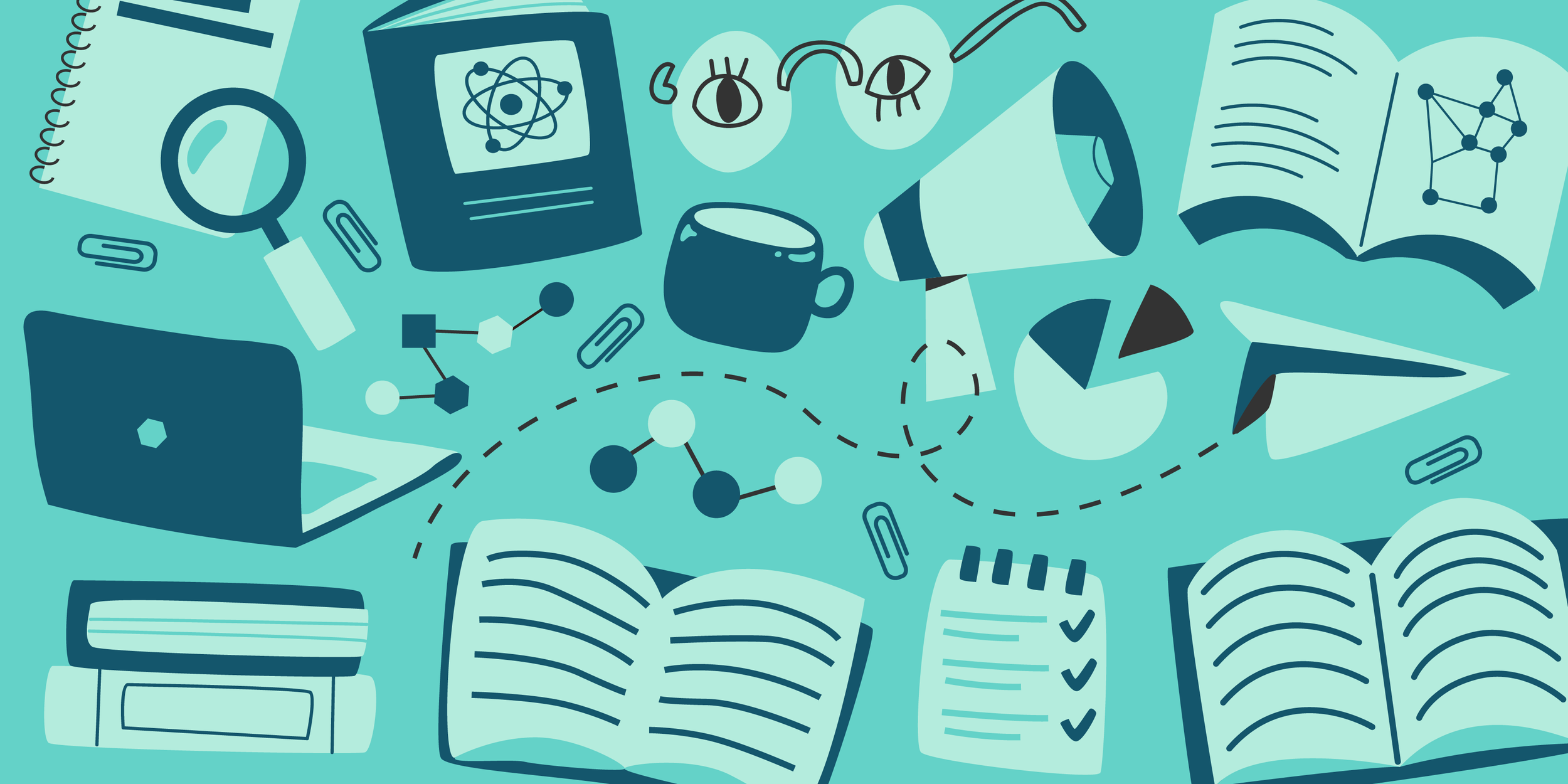
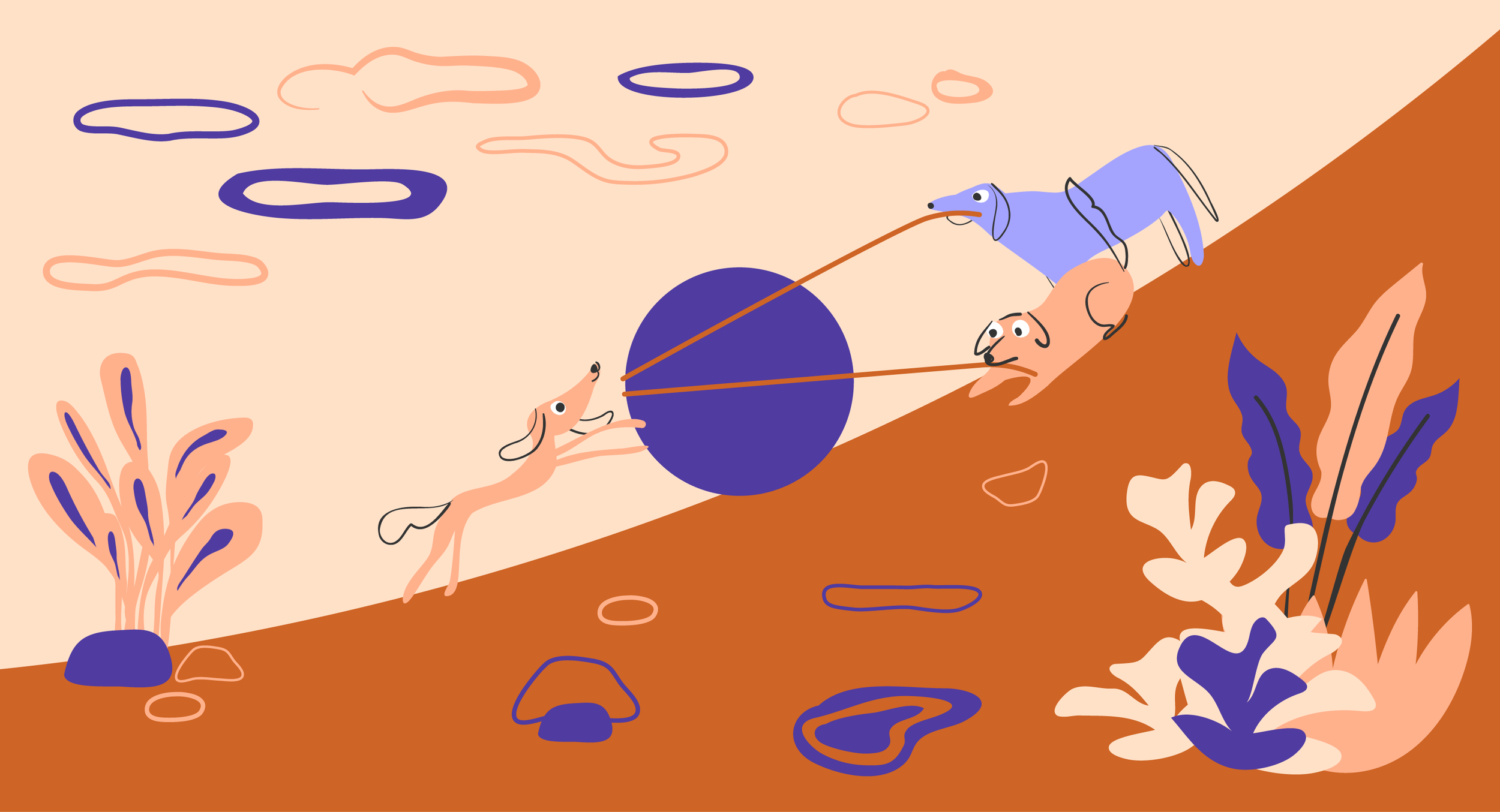


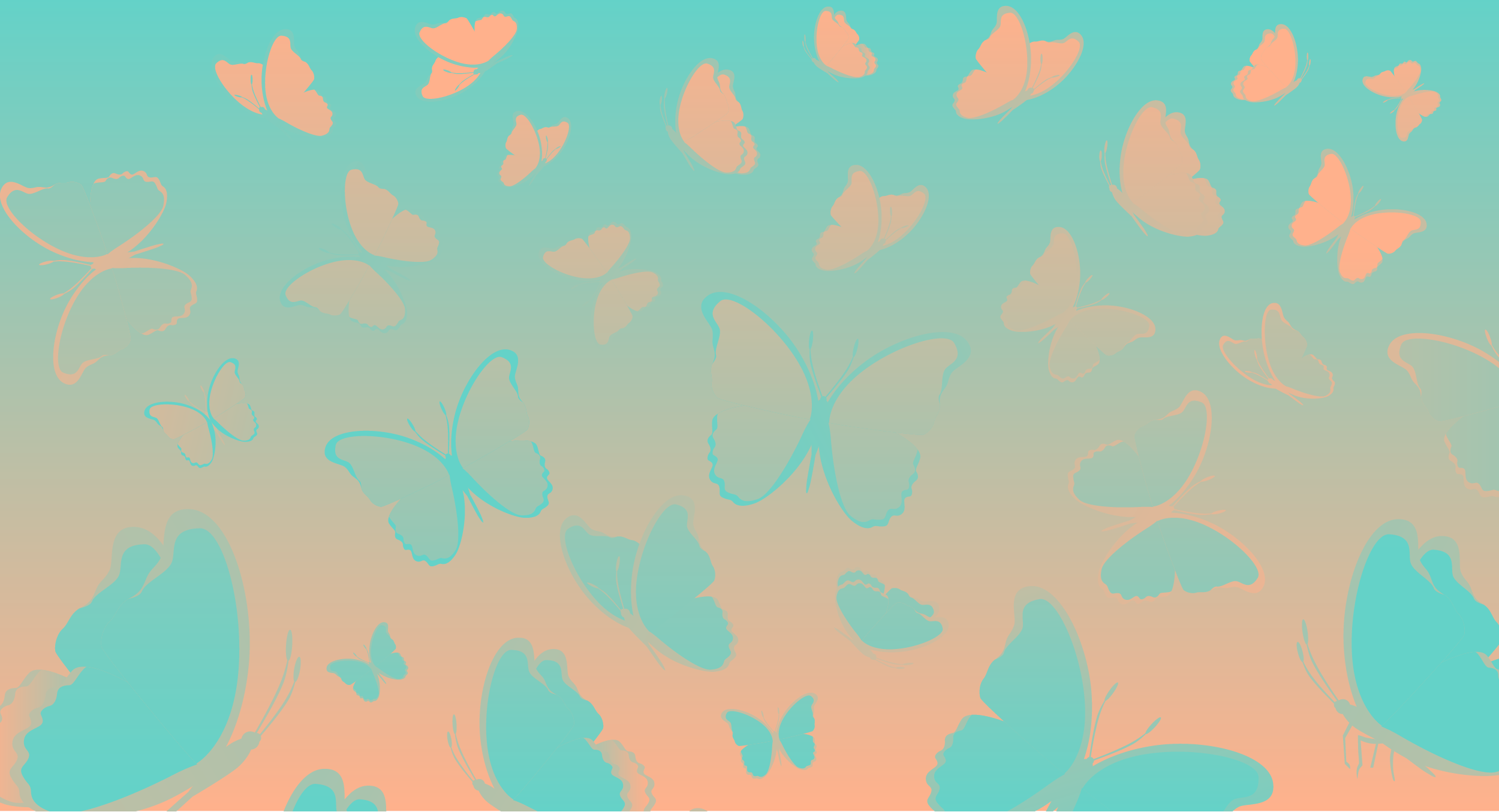
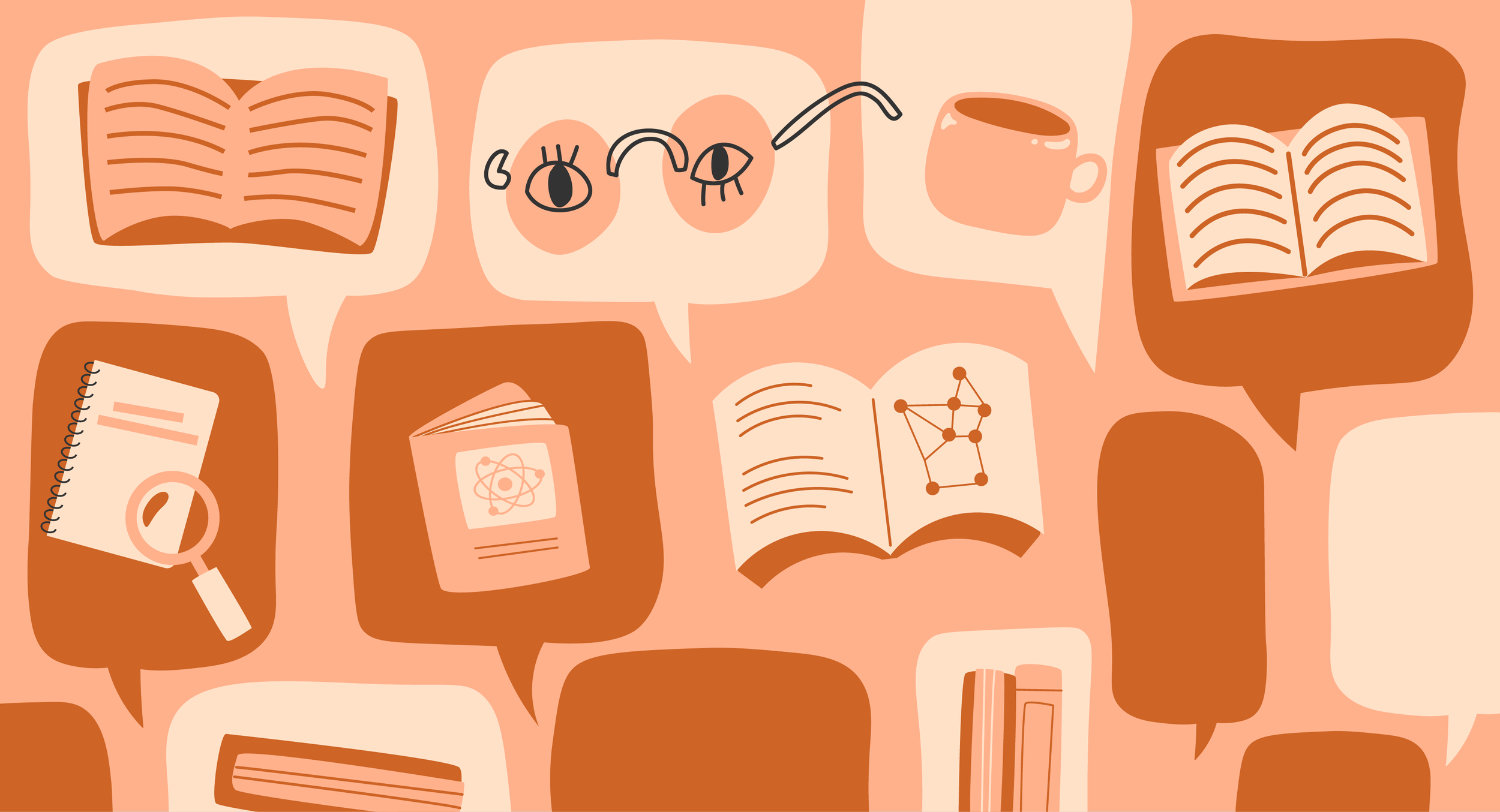

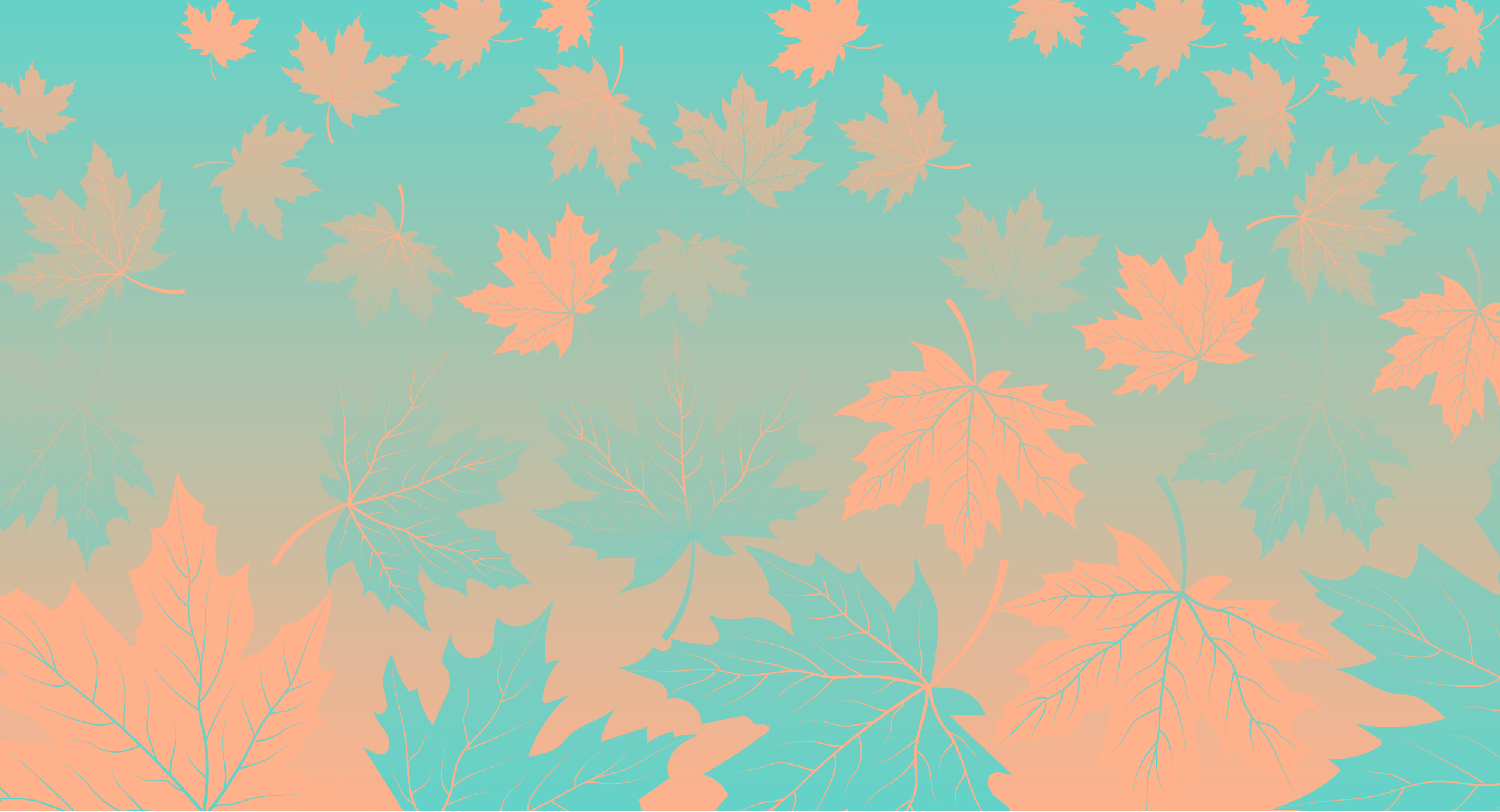
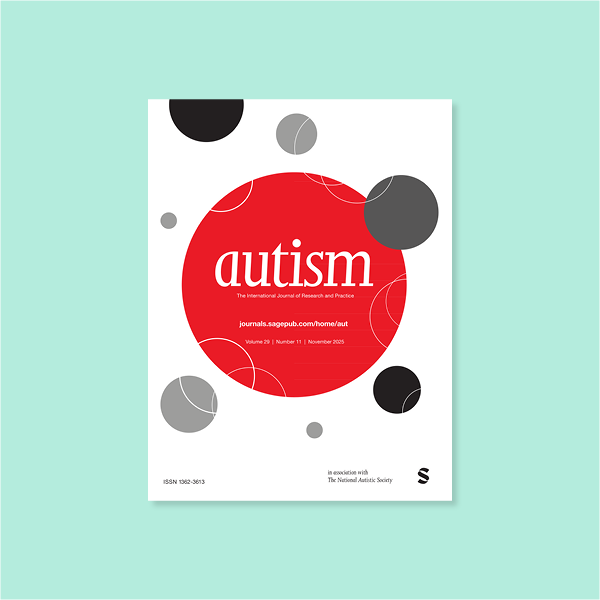


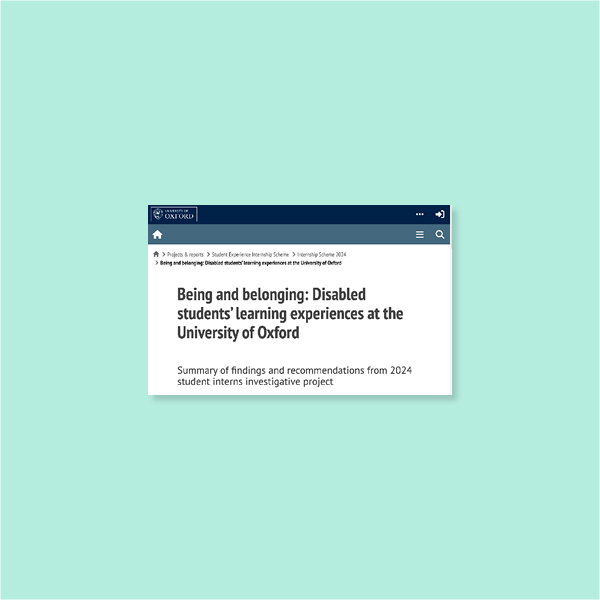

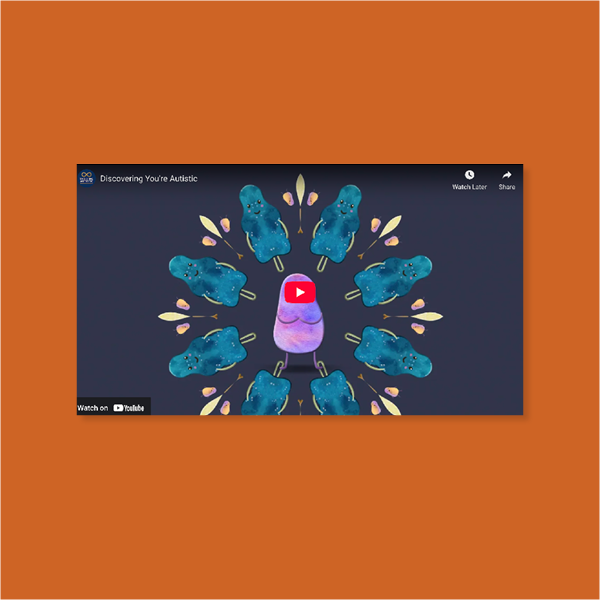
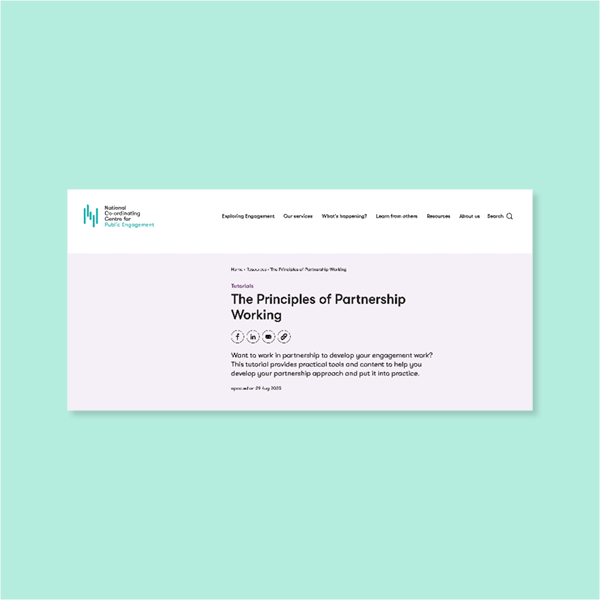


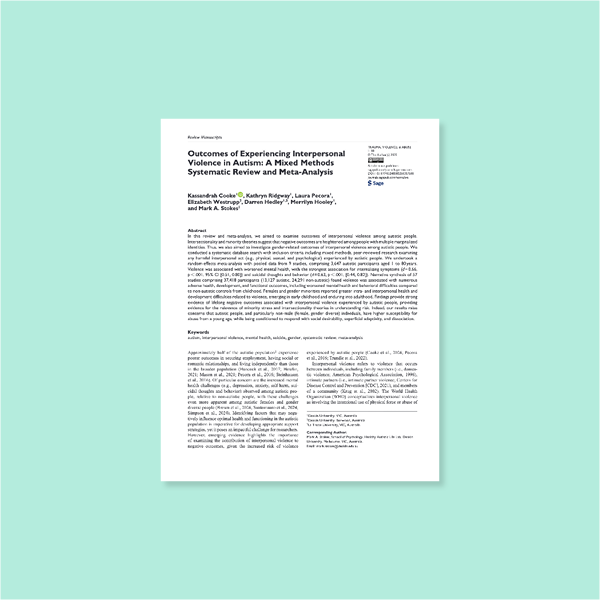
![The PDA Neurotype Vs Demand Avoidance [+ Infographic]](https://images.squarespace-cdn.com/content/v1/632462bb88e23c400c82d41a/91a89a1e-f380-41fb-b65b-4e49ba37232c/The+PDA+Neurotype+Vs+Demand+Avoidance+%5B%2B+Infographic%5D.png)

In today’s blog, Guest Contributor, Chloe Webster-Harris, shares a poignant insight into her journey through university, her life-changing diagnosis as Autistic and ADHD and their progression to being a co-researcher on a project addressing the disparity of support for disabled students in higher education.